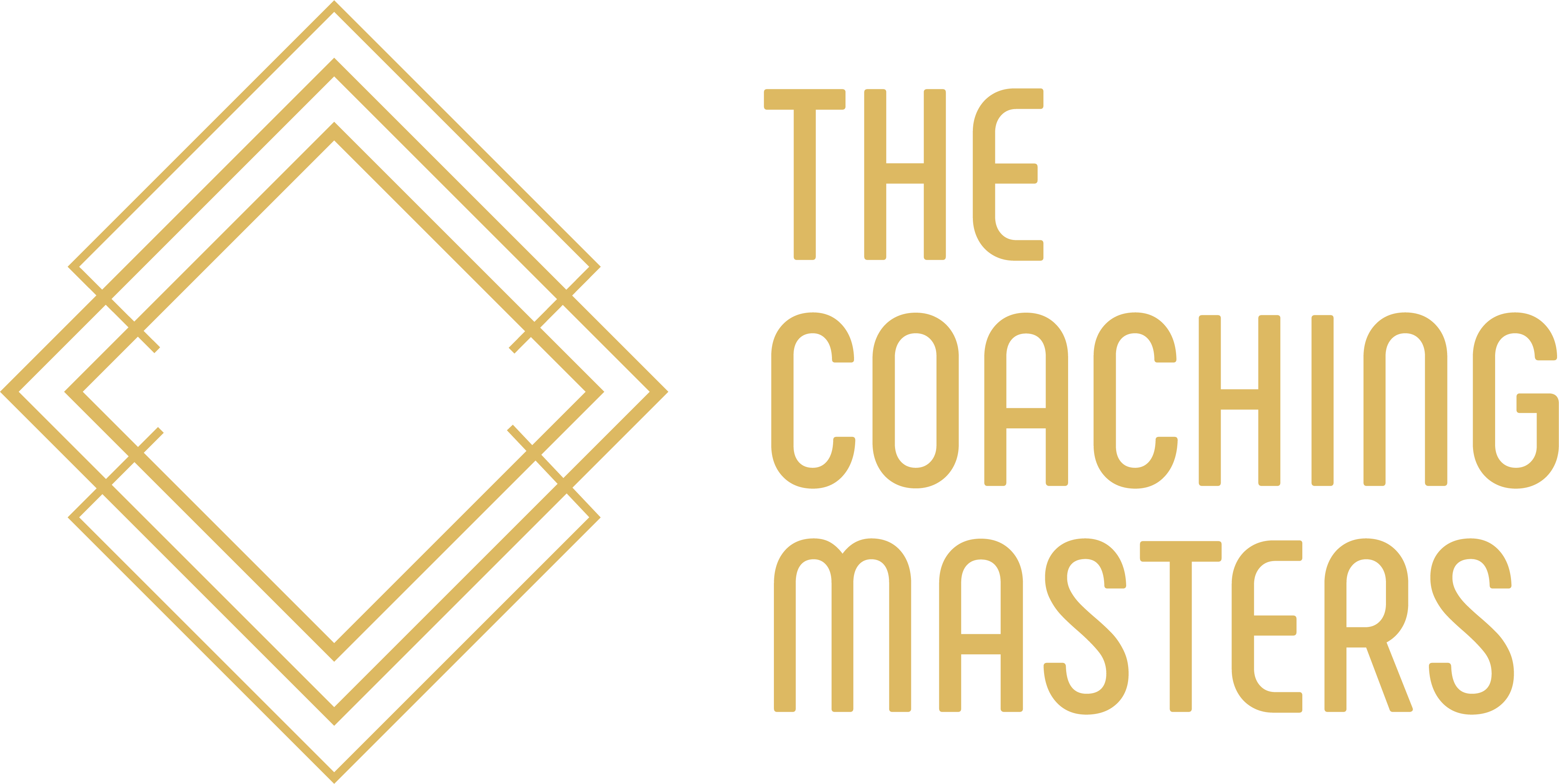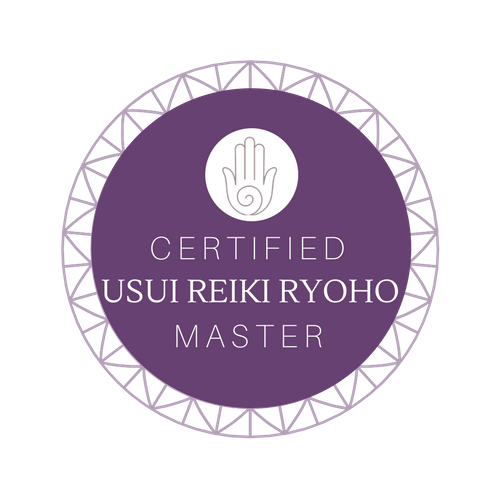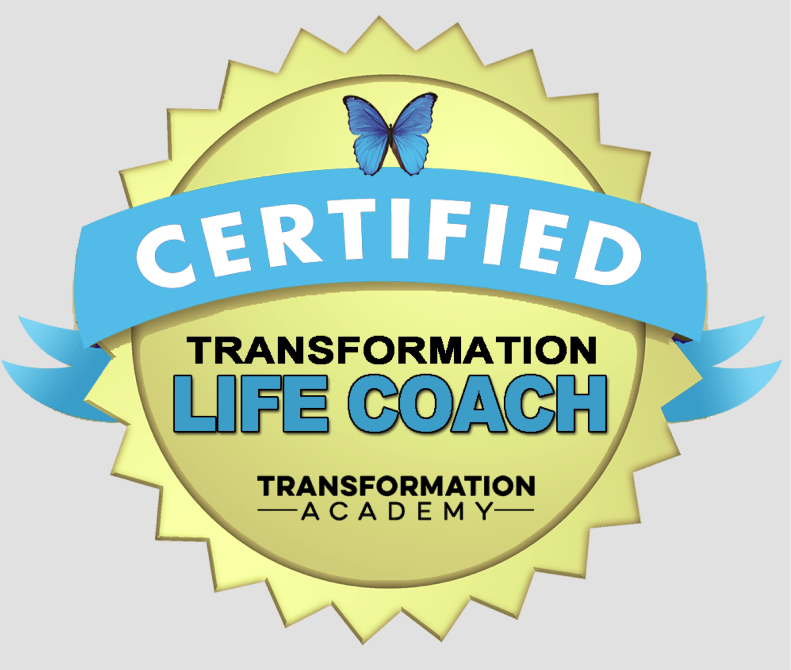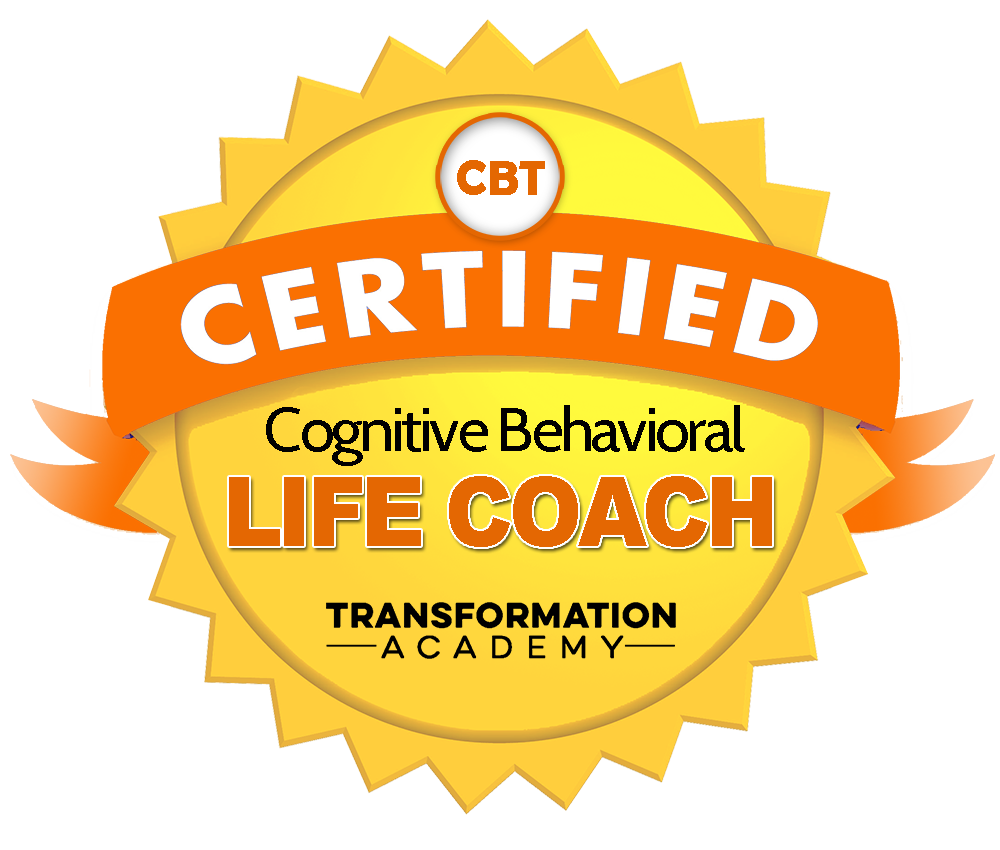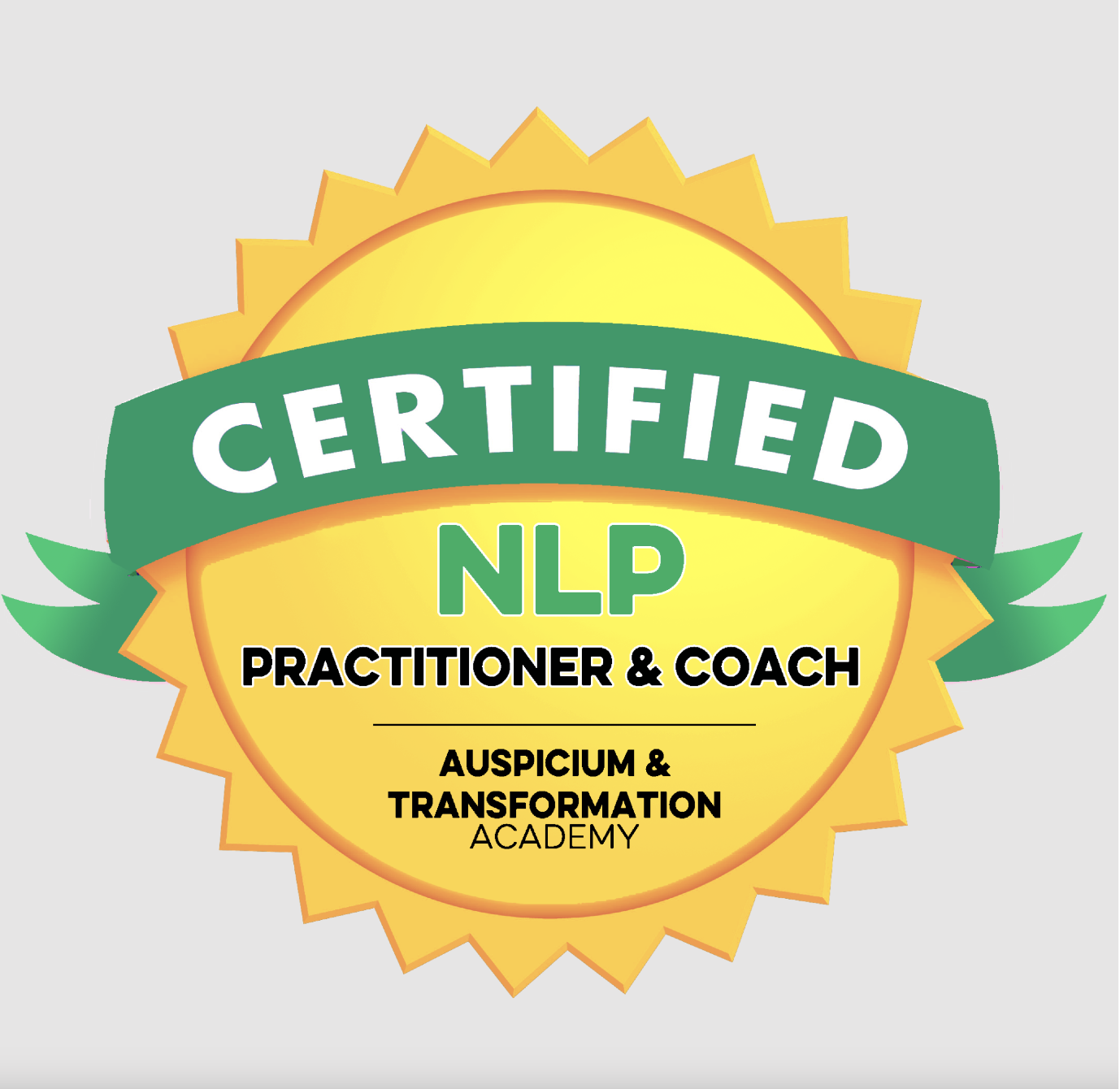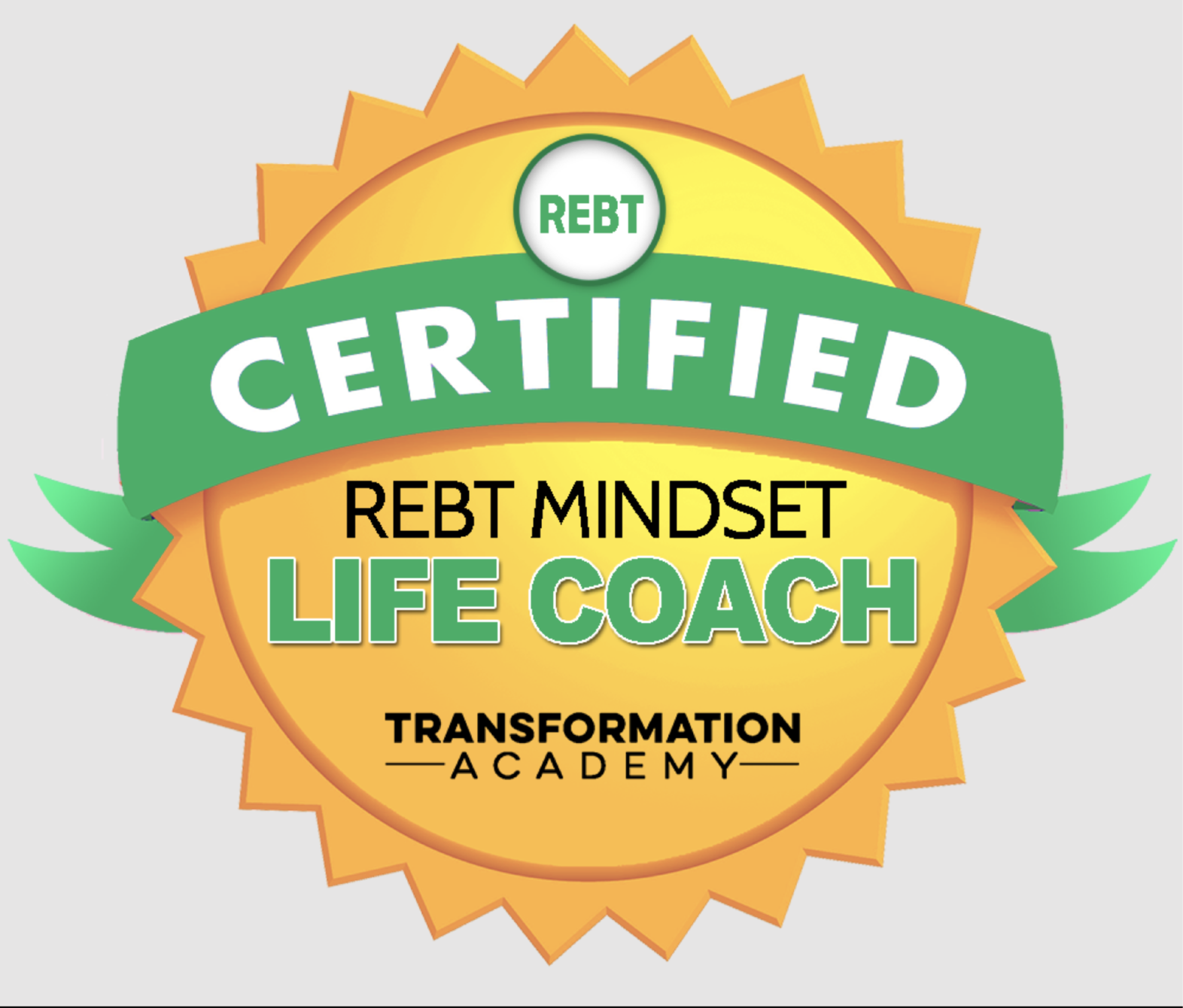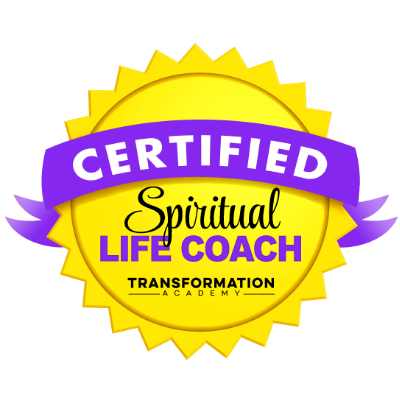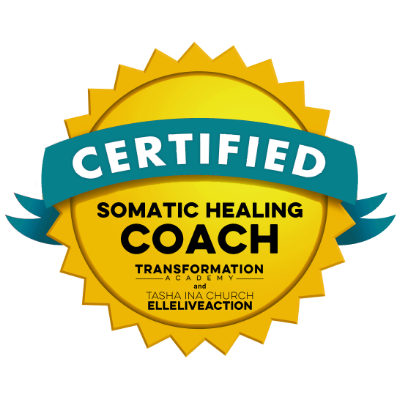Alternative Methods
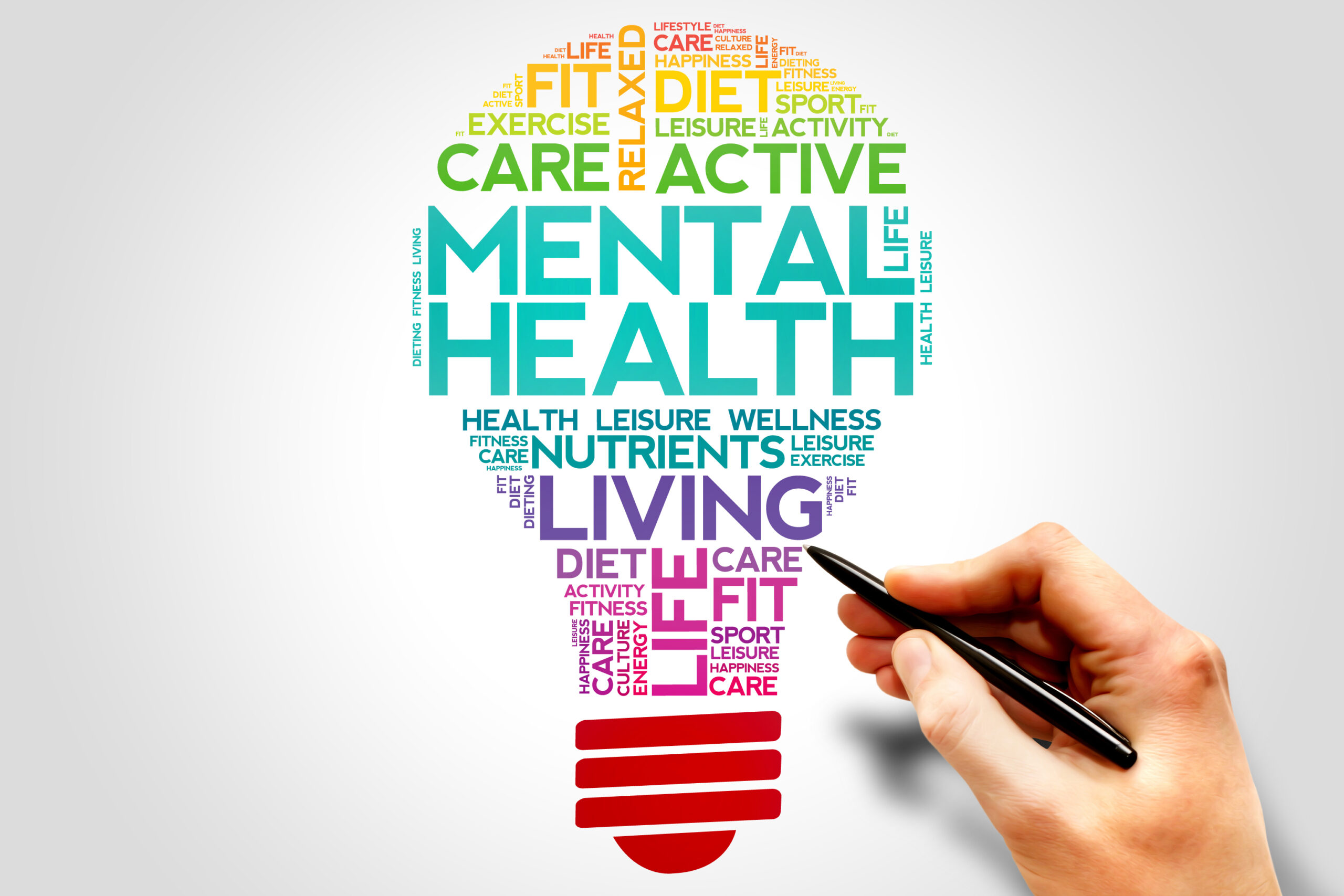
Alternative Methods in Mental Health Care
What are alternative approaches to mental health care? An alternative approach to mental health care is one that emphasizes the interrelationship between mind, body, and spirit. Although some alternative approaches have a long history, many remain controversial. The National Centre for Complementary and Alternative Medicine at the National Institutes of Health was created in 1992 to help evaluate alternative methods of treatment and to integrate those that are effective into mainstream health care practice. It is crucial, however, to consult with your health care providers about the approaches you are using to achieve mental wellness.
Diet and Nutrition - Adjusting both diet and nutrition may help some people with mental illnesses manage their symptoms and promote recovery. For example, research suggests that eliminating milk and wheat products can reduce the severity of symptoms for some people who have schizophrenia and some children with autism. Similarly, some holistic/natural physicians use herbal treatments, B-complex vitamins, riboflavin, magnesium, and thiamine to treat anxiety, autism, depression, drug-induced psychoses, and hyperactivity.

Pastoral Counselling - Some people prefer to seek help for mental health problems from their pastor, rabbi, or priest, rather than from therapists who are not affiliated with a religious community. Counsellors working within traditional faith communities increasingly are recognizing the need to incorporate psychotherapy and/or medication, along with prayer and spirituality, to effectively help some people with mental disorders.
Animal Assisted Therapies - Working with an animal (or animals) under the guidance of a health care professional may benefit some people with mental illness by facilitating positive changes, such as increased empathy and enhanced socialization skills. Animals can be used as part of group therapy programs to encourage communication and increase the ability to focus. Developing self-esteem and reducing loneliness and anxiety are just some potential benefits of individual-animal therapy (Delta Society, 2002).
Alternative Therapies

Biofeedback: Learning to control muscle tension and "involuntary" body functioning, such as heart rate and skin temperature, can be a path to mastering one's fears. It is used in combination with, or as an alternative to, medication to treat disorders such as anxiety, panic, and phobias. For example, a person can learn to "retrain" his or her breathing habits in stressful situations to induce relaxation and decrease hyperventilation. Some preliminary research indicates it may offer an additional tool for treating schizophrenia and depression.
Guided Imagery or Visualization: This process involves going into a state of deep relaxation and creating a mental image of recovery and wellness. Physicians, nurses, and mental health providers occasionally use this approach to treat alcohol and drug addictions, depression, panic disorders, phobias, and stress.
Massage therapy: The underlying principle of this approach is that rubbing, kneading, brushing, and tapping a person's muscles can help release tension and pent emotions. It has been used to treat trauma-related depression and stress. A highly unregulated industry, certification for massage therapy varies widely from State to State. Some States have strict guidelines, while others have none.

Telemedicine: Plugging into video and computer technology is a relatively new innovation in health care. It allows both consumers and providers in remote or rural areas to gain access to mental health or specialty expertise. Telemedicine can enable consulting providers to speak to and observe patients directly. It also can be used in education and training programs for generalist clinicians. Telephone counselling: Active listening skills are a hallmark of telephone counsellors.
Electronic communications: Technologies such as the Internet, bulletin boards, and electronic mail lists provide access directly to consumers and the public on a wide range of information. On-line consumer groups can exchange information, experiences, and views on mental health, treatment systems, alternative medicine, and other related topics.
Click the link below to book your free clarity call or free virtual coffee chat.
Grab a copy of our newletter by completing the form below, this will then be sent to your inbox every month.
My Affirmation For The Week
"Creativity is contagious. Pass it on."
